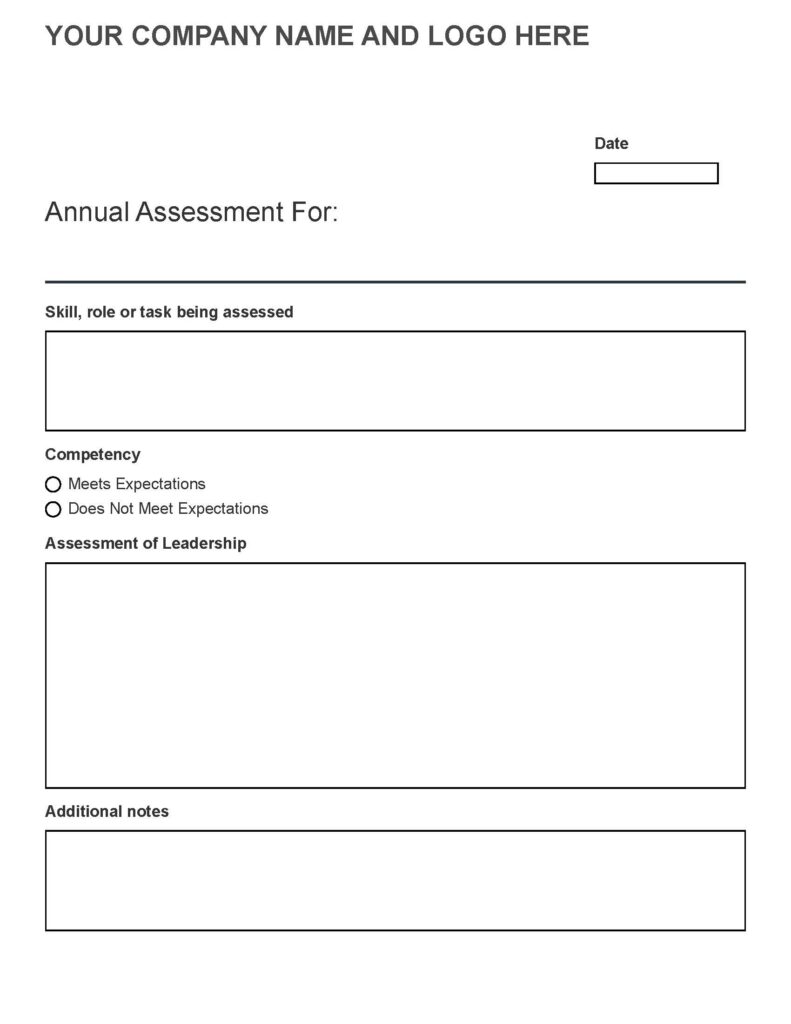By Kevin D. Ross
I’ve never seen an annual performance evaluation that was worth half the time it took to fill it out. That’s especially true when it comes to evaluating the leaders in our organizations. Have you ever wondered why we even do them?
When we don’t assess a leader’s leadership, we continue to promote weak leaders that are doing more harm to our people and organizations than good. The evaluation is like a sheep in wolf’s clothing: weak and pretending to be something it’s not.
Most companies have an evaluation system to justify the subjective decisions the boss is going to make in the first place. HR may not like that statement, but damned near everything about an evaluation is subjective. What we measure is subjective, how we measure it is subjective, and how we weight that measure is subjective. And then we pretend to make turn it into something objective by assigning a number to it.
Then we use it, not for developmental purposes, but to justify a salary and an end-of-year bonus. We kid ourselves into thinking it’s meaningful for the receiver when it’s anything but.

I only had to suffer through 27 of those evaluations in my Air Force career (along with another dozen “training reports,” equally as bogus), and not one of them made a bit of difference in my progression up the leadership ladder. And none of them gave me a single developmental goal for the coming year, and none told the whole truth about what an annoying SOB I was (they used words like tenacious). Most just said I didn’t get the soles of my boots wet when I walked on water.
Okay, that last part was because I wrote so many of them myself.
We all get asked for our self-assessment in preparation for our annual feedback session, so we provide the inputs in a format that exactly fits the form the boss has to fill out. Seems like a no-brainer. I once got a boss at the Pentagon to sign off on a bottom line that said, “This guy’s so good I should be working for him.” His boss gave it serious consideration.
Why can’t we just use the evaluation for what it is and grade what’s important for leaders in the first place… leadership?
Sure, there are areas we want a leader to be successful in like financial success, goal achievement, innovation, internal and external processes, etc., but where and how does a leader’s leadership get evaluated so that developmental feedback can be part of that dreaded annual meeting? Stop for a minute and consider your own process to see if you can find a real leadership measurement in the results.
Do we just give leaders credit for the successes of their teams? Probably. That’s how the system works… at least
The system won’t get better until we as the leaders’ evaluators are more involved (and I don’t mean in a micromanagement sense) in learning how a leader’s day-to-day behavior and performance affect the team’s performance. And how, leaders of leaders, do we do that?
By talking to people, that’s how.
I’m not suggesting a complicated and time-consuming method for collecting subjective “data” about the leader. I’m suggesting that we have a few 15-minute conversations with some of the people being led. We’ve written about Stop-Start-Continue before, and that’s a good method, but any way we can discern how their leadership behaviors – trust, ethics, integrity, communication, decision-making, inspiring others, etc. – are shaping their team and its success is better than what we’re doing now.
If we want to help a leader develop, we have to give him or her meaningful feedback about their performance as a leader. Sound pretty basic, doesn’t it?
I propose a leadership evaluation form that has two parts: meets or doesn’t meet expectations and developmental feedback. Tell him or her what behaviors they’re doing well and what behaviors could use some improvement. (And maybe set some leadership developmental goals for the coming year?) That would certainly be more useful that the way we do it now.
That idea will never make it past HR, but it’s how we should help leaders lead and, in turn, help our organizations succeed.
Feedback? I’d love to hear your ideas.
Because it’s up to you, leaders.

